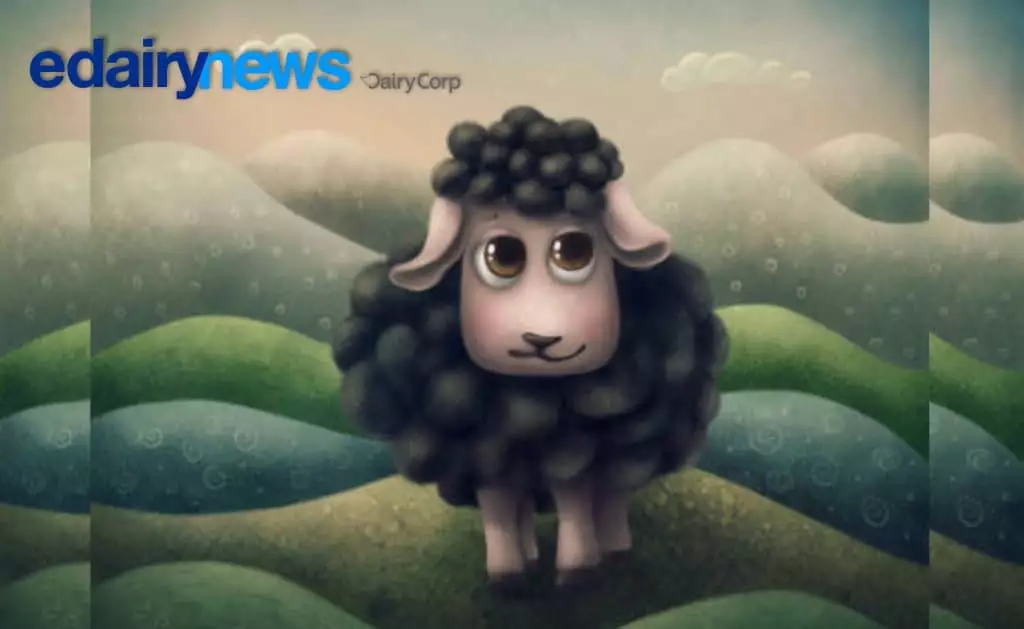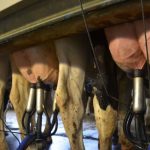
As a result of the statements of a singer who, in mid 2021, published a video where she spoke with great anguish about the suffering of animals on dairy farms, did you remember? It unleashed a controversy in which the producers did not remain silent and especially in networks they debated and tried to teach.
In one of those endless twitter threads, a user argued with assumptions to specialists who answered him, respectfully with scientific data and still did not give in.
The discussion ended (or at least it ended for me) when he uploaded a video where a vegan “nutritionist” explained that, if God had wanted us to drink milk until adulthood, he would not have caused lactase, the intestinal enzyme that helps digest lactose, to decrease during growth.
When I find a debate sterile, I choose not to argue and to withdraw. A little because in the face of the stupor one is left speechless and another little because I need to be silent to understand where such an idea can come from, which convinces more than one of something that is easily shown to be wrong, and even so they do not accept it.
As I have a restless mind, and these things make me boil, I remain on alert and sooner or later the information presents itself to me and it becomes imperative for me to share it: by enlightening only one person, I consider myself done.
It turns out that milk consumption began in the Middle East back in the Neolithic period with the domestication of animals and the development of herding and milking practices, which then spread to the rest of the world.
It is true about the decline of lactase towards adulthood, but could we connect evolution with getting out of God’s way? Let me disagree.
Since the beginning, human beings have been adapting genetically to this food in order to take advantage of its nutrients without suffering adverse effects.
Lactose is digested in the intestine by lactase, which is elevated in the newborn and is genetically programmed to decrease after weaning. This decrease is called “primary adult hypolactasia”.
However, approximately one-third of adult individuals in the world maintain an elevated lactase throughout their lives.
This undated ability to digest lactose represents a selective advantage for these individuals who will gain nutritional benefits (high biological value proteins, immediately bioavailable calcium, vitamins, energy) over those who will not.
The DNA of the milk-consuming individuals mutated, and this allowed them to maintain as adults a good lactose digestion capacity.
These mutations were dominant and were efficiently transmitted through the generations, so that, in contrast to non-consumers, today the world’s lactase persistent population is favored with a higher Body Mass Index, greater resistance to starvation and higher fertility.
Likewise, the proliferation of lactose-free dairy products (i.e. modified with the addition of lactase, the enzyme that breaks lactose into its two constituent simple sugars, glucose and galactose), which are indicated so that the intolerant do not lose the opportunity of a complete nutrition, are chosen by many people who for some reason (?) consider them “healthier”. This practice puts at risk of regression that mutation that has made us lactase resistant.
Have you had your glass of milk today? Consuming dairy products is good for your whole life.
With information from
Dairy, Nutrition and Health, Rodrigo Valenzuela, Chile 2020





















